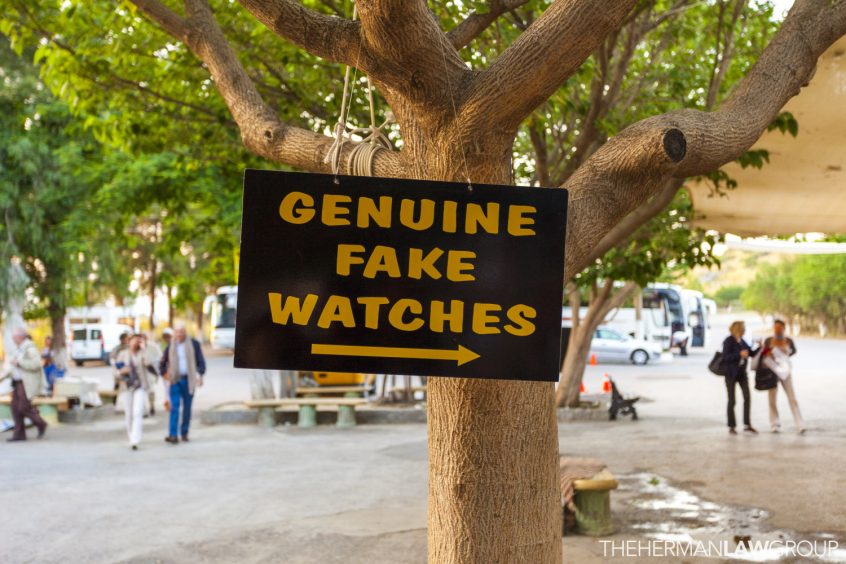It’s really hard, if not impossible, to operate a consumer-facing business without a certain percentage of clients getting angry with you (whether justified or not). Many consumers know now that they can effectively vent online by leaving negative comments and one-star reviews on the merchant’s listing.
Fake reviews
If it wasn’t difficult enough already to find a good attorney, thanks to the Internet advertising, consumers have to deal with one more obstacle – fake reviews.
Since web-based reviews are worth their weight in gold, unethical individuals are paying companies to write reviews. In fact, 20 percent of Yelp reviews are fake, according to a Harvard Business School study published last fall. And Bing Liu, a data-mining expert at the University of Illinois, Chicago, puts the overall number of fake reviews closer to 30 percent.
Suggestions to help out
Unfortunately, since unscrupulous folks often don’t play by the rules, we offer a few suggestions to help out (hat-tip to Review Skeptic):
- Sites like AVVO take the time to make sure reviews are authentic.
- When you Google search a local lawyer (“foreclosure attorney in Fort Lauderdale”), examine the reviewer’s past efforts – if they’re posting reviews in different cities in the same day (brakes in Atlanta, bagels in Wichita), that’s a pretty good indicator that the reviewer might be employed by a “review mill.”
- Not much description, and a lot of superlatives. Phrases like “life-changing” and “a must-read” are giveaways.
- References to other people such as “my husband or family.”
- More frequent use of the first-person singular. Fictitious assessments tend to include the words “I” and “me” more often, as if to make the review seem more credible.
- Exclamation points and positive emotion. Truthful reviews use other kinds of punctuation, including the dollar sign.
- Look for similar reviews … Do reviewers recommend the same window repair service in addition to the same TexMex restaurant. Suspicious? Yup.
We’d also add to the list:
- People who write only five-star reviews
- People who have written only one review on the site
- Reviews that sound like a marketing brochure from the company or use the full official name of the product
For more ideas, check out this Consumerist story on how to ferret out worthless reviews, such as the good advice to only consider reviews that leave two to four stars in a five-star system.
Local search reviews play a critical role in generating business revenue. The temptation to cheat will always be present in local search, making it critical for the consumer not to take all sentiment at face value.

